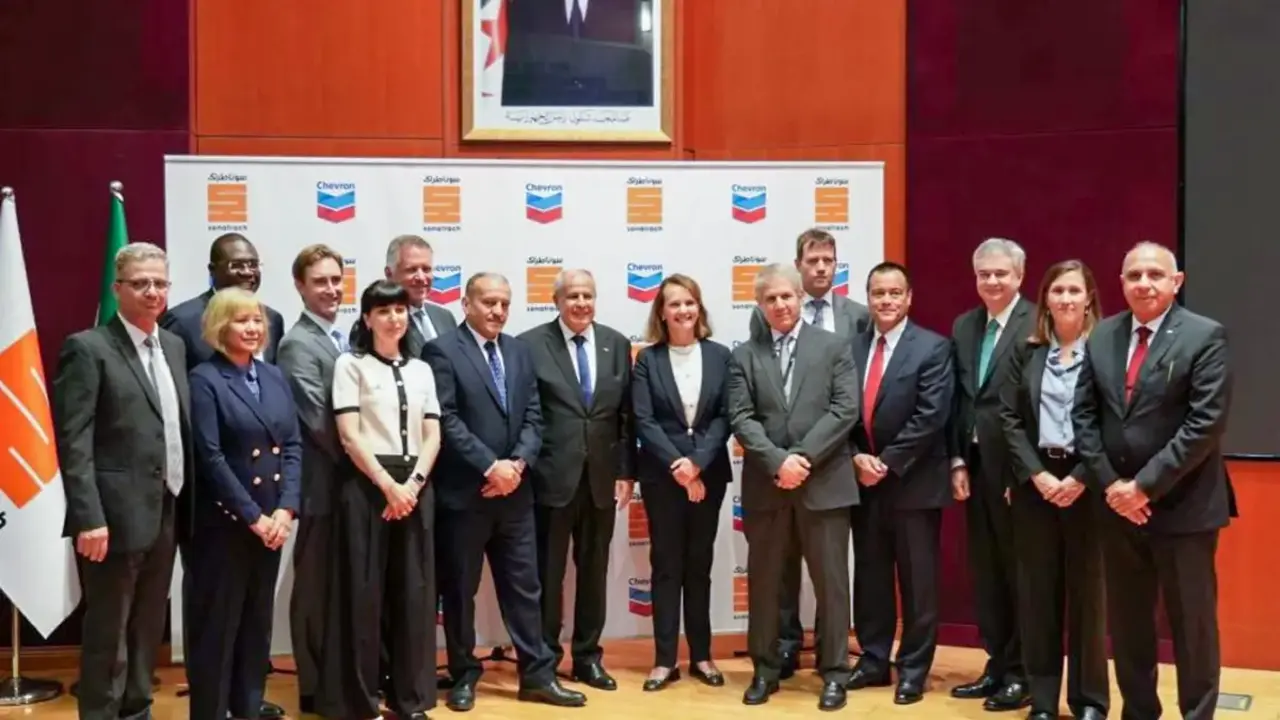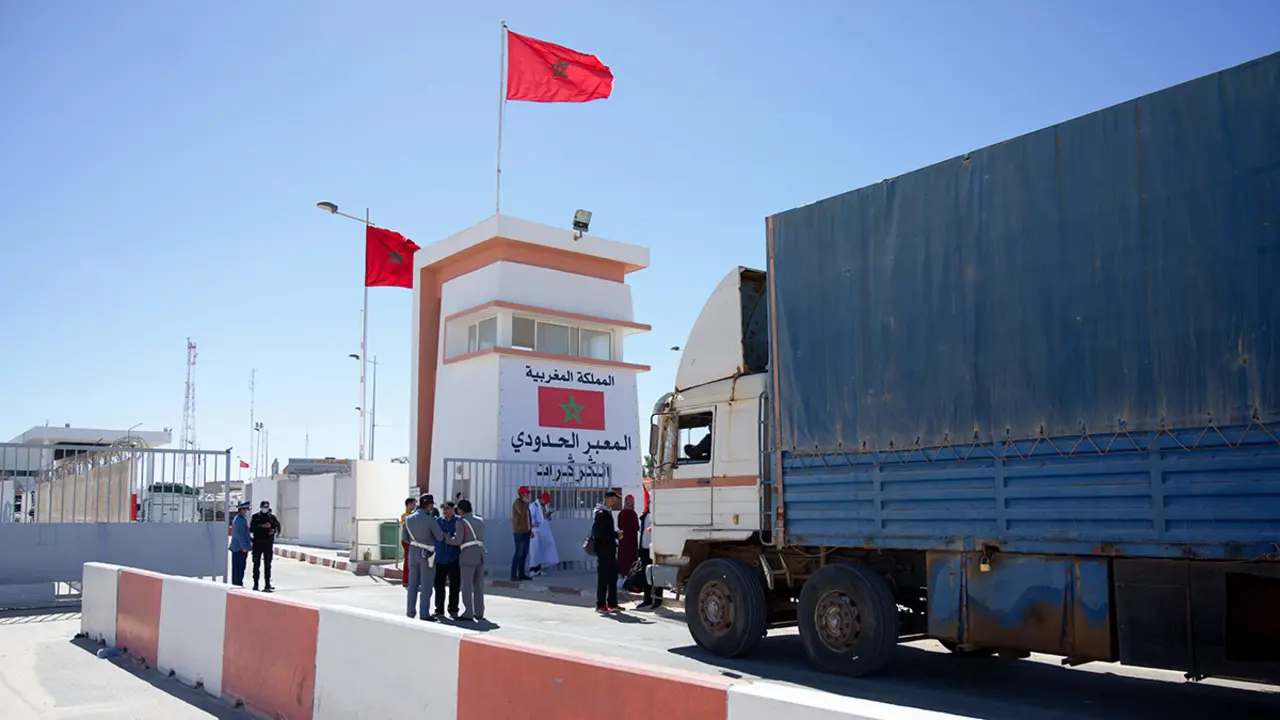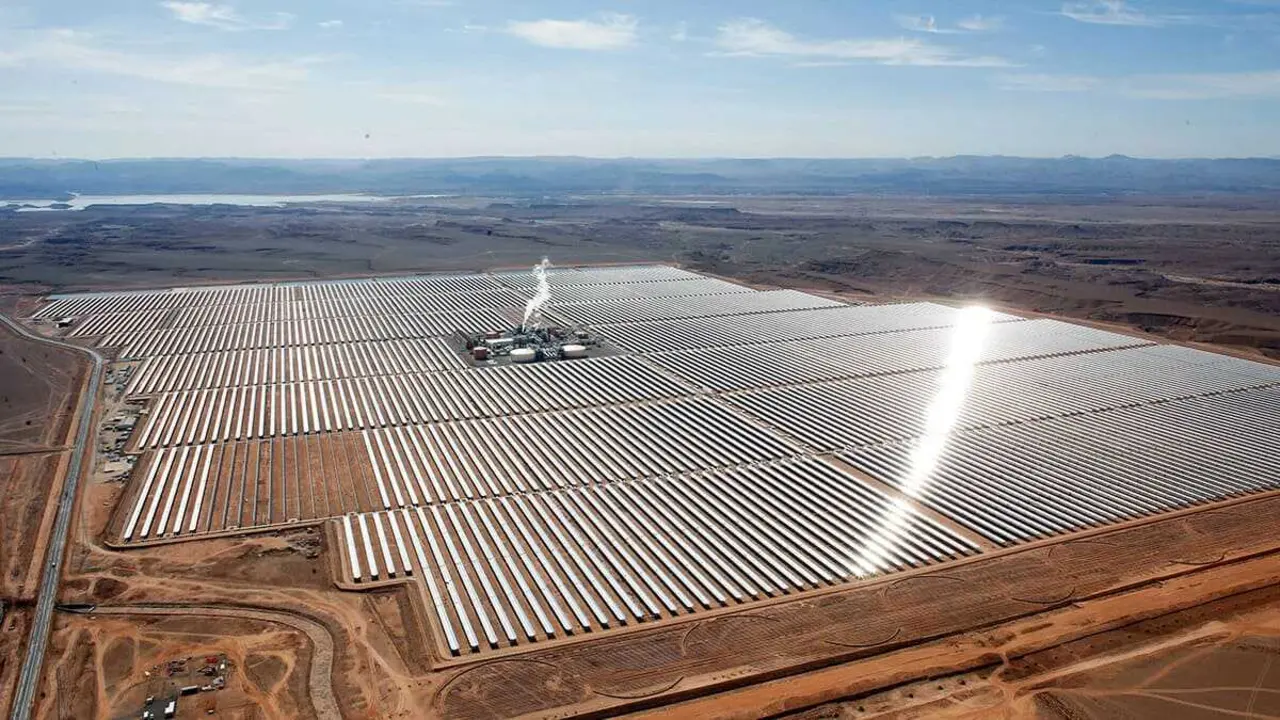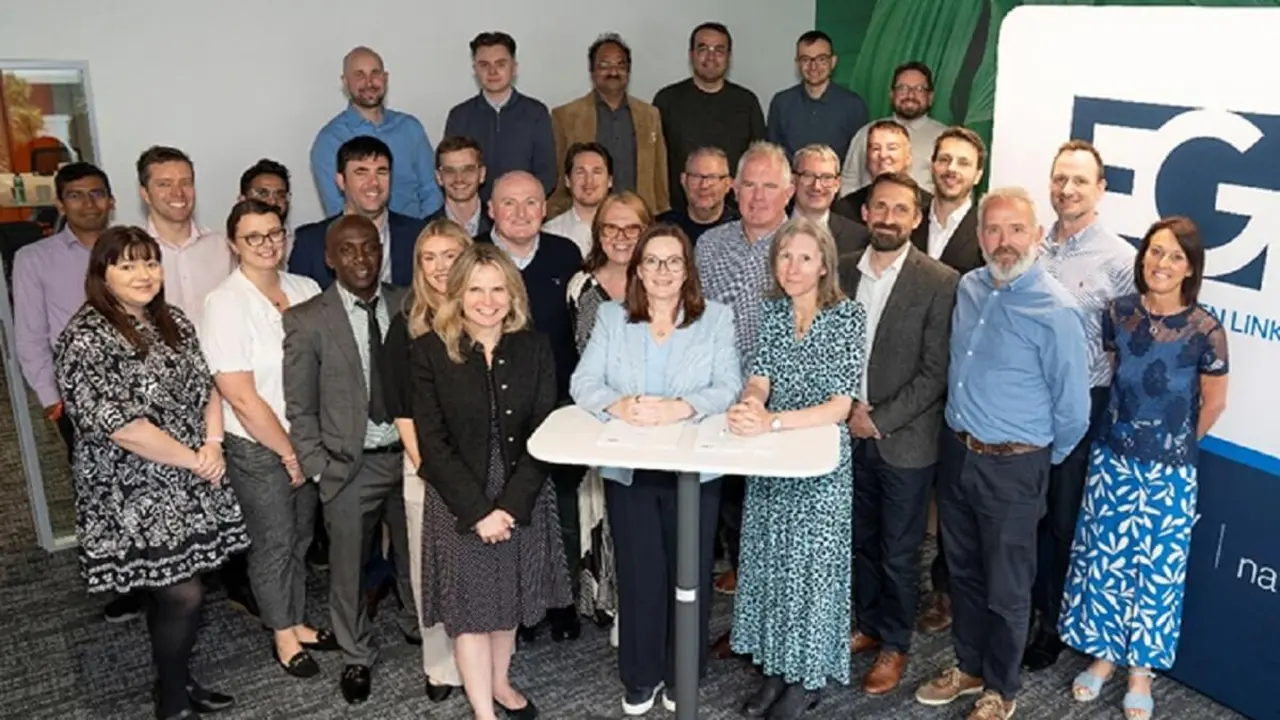Japón importará fosfato de Marruecos

Morocco is one of the countries with the greatest phosphate potential in the subsoil, which, together with the Russian-Ukrainian conflict, makes the Alawi kingdom one of the potential centres for the import of this material. Countries such as Japan and Brazil have already reached agreements with Morocco, while others are expected to do so soon.
This week, the Japanese Vice-Minister of Agriculture, Forestry and Fisheries, Arata Takebe, visited Rabat to meet his Moroccan counterpart, Mohamed Sadiki, and the Minister of Ecological Transition and Sustainable Development, Leila Benali. Following this meeting, Japan announced that it wanted to import a large quantity of phosphate in the near future, although it did not specify either the quantity of the imports or when they would take place: "We want to import these phosphates to enrich agricultural production for the coming autumn season," he said.

The Japanese official expressed the opportunities offered by Morocco regarding this fertiliser: "Morocco is a world power in phosphate and that is why my country is interested in importing a large amount of fertiliser".
Morocco has the largest subsoil phosphate potential, with figures estimating it at 70% of the world's reserves. This factor is key in the midst of the supply crisis caused by the conflict in Ukraine following the Russian invasion, which has reduced supply and increased its price by 10% in the first quarter of 2022.

In addition, this meeting is part of the strengthening of cooperation relations between Morocco and Japan, in a framework that especially on issues related to the development of agricultural and fisheries trade, as well as the prospects for cooperation in the sanitary and phytosanitary areas, irrigation and hydro-agricultural infrastructure, development of agricultural value chains and rural development and scientific research.
The agreement also aims to examine the possibility of developing tripartite cooperation with African countries in the agricultural, fisheries and agro-industrial sectors. In a statement to the press, Mohamed Sadiki assured that this meeting was intended to be an opportunity to address the various issues of common interest and to be an enclave of cooperation within the framework of the Generation Green, Foret du Maroc 2020-2030 and "Halieutis" strategies.
In any case, this cooperation would be a continuation of the cooperation already initiated in previous years, with an average of 200 million dirhams in agricultural trade between the two countries, with a predominance of Moroccan exports of around 180 million dirhams annually.

But Japan is not the only country that has pledged to invest in Morocco for phosphate; Brazil has also agreed to install a new phosphate fertiliser plant in Morocco, owned by Morocco's OCP Group. This was also announced this week by the Brazilian Minister of Agriculture, Marcos Montes. This agreement was announced after the Brazilian delegation met at OCP's headquarters in Morocco with its general manager, Mostafa Terrab.
The president of OCP Fertilizantes in Brazil, Olivio Takenaka, stressed that "the project is underway" and that they are planning a dicalcium phosphate facility for the production of animal feed. With Brazil being home to the second largest cattle herd in the world and Morocco being a major supplier of fertilisers, this cooperation is mutually beneficial for both countries in the medium term.








